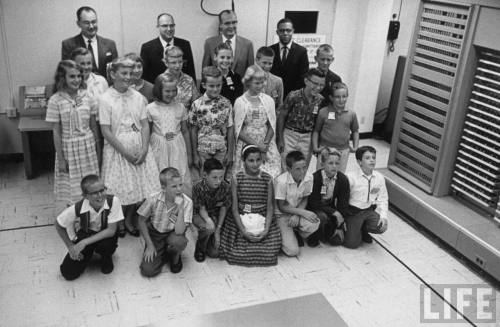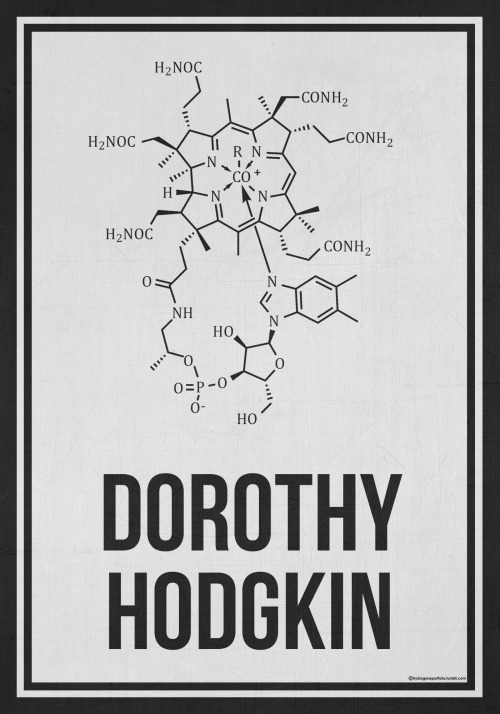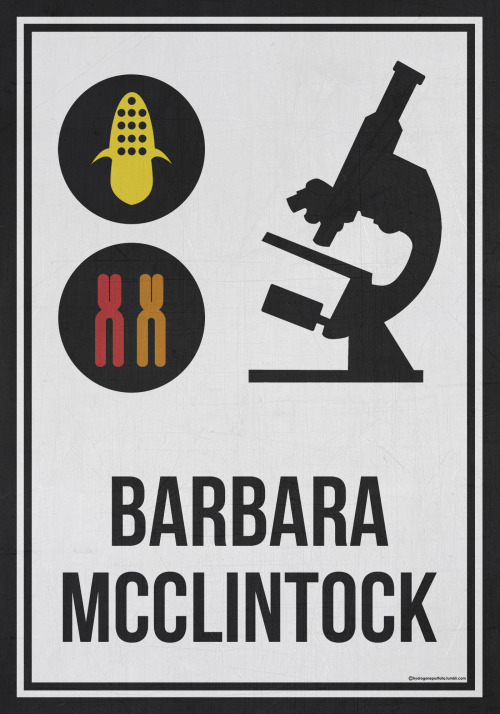#computer programming
actually does anyone have any tips or product recommendations for chronic joint pain in the hands? i’m a compsci major and not being able to type well REALLY sucks
I myself don’t have too much trouble with typing so I usually just suffer through it when it’s bad, but I think @chronicallypainful might know better than I do, she keeps a list of resources and is very well-versed in computers and assistive tech
Yep, I have dealt with this problem. It’s actually one of the main reasons that I didn’t major in computer science. (I got a BS in mathematics. Now a graduate student.) But, I have much better tools now than I did when I was starting undergrad!
You are welcome to poke around this blog or my assistive tech blog @awesomeassistivetechnology, but it is probably easier for both of us to just talk (on Skype or Google hangouts or whatever). And there’s also a fair bit of knowledge in my head that has never made it onto either blog. So, yeah, send me a message if you’d like to chat. One of my goals for the summer is actually to strengthen my social support networks, so it would be cool to “meet” you. :-)
I’m a professional programmer and completely use Dragon naturally speaking to dictate code because of chronic pain. There‘s a really cool open source software community around it. You need to install natlink, python, dragonfly, and my favorite tool set is called caster. There’s a YouTube channel called castervoice. It works pretty well, all things considered.
Very cool. Thanks for sharing! I currently use Dragon for emails/blogging/etc and LaTeX. And I’ve been using eye tracking (low cost eye tracker marketed to gamers) with an open source keyboard called OptiKey for writing code and working on the command line. I’ve experimented with natlink and vocola in the past, but never reached the point of finding them really useful.
One of my biggest challenges with Dragon is that it doesn’t cooperate with most code editors. May I ask what what editor you use?

Ada, Countess Lovelace, the daughter of Lord Byron and his learned wife, Lady Anne Isabella Noel Byron, was a deeply gifted mathematician and a pioneer of computer science.
Bodleian Publishing’s upcoming Ada Lovelace: The Making of a Computer Scientist will tell the remarkable story of how this 19th century woman with no formal education become the world’s first computer programmer.
Amongst the previously unpublished archival material that will feature in the book is an exploration of Lovelace’s precocious childhood, including her youthful thoughts about the science of rainbows, and her juvenile ideas for a steam-powered flying horse.
The featured material from later in Lovelace’s life includes her paper on Charles Babbage’s Analytical Engine, which includes the table of mathematical formulae that is now recognised as the first computer program ever written.
Ada Lovelace: The Making of a Computer Scientist is written by Christopher Hollings, Ursula Martin and Adrian Rice and will be published in April 2018.












